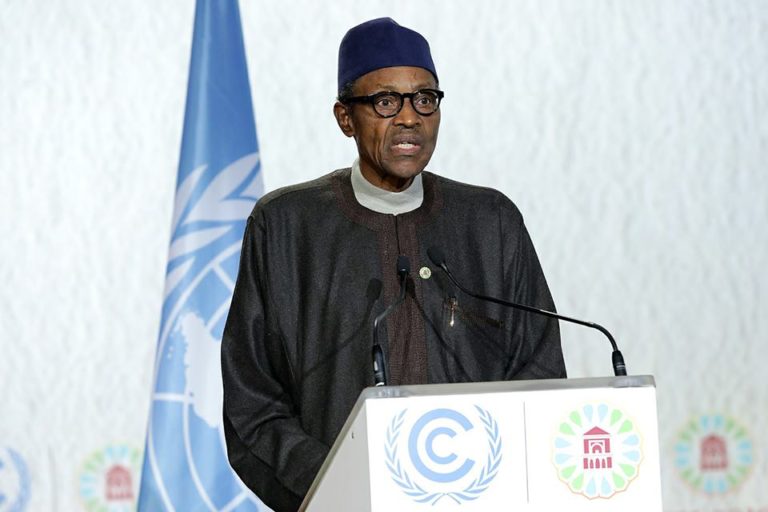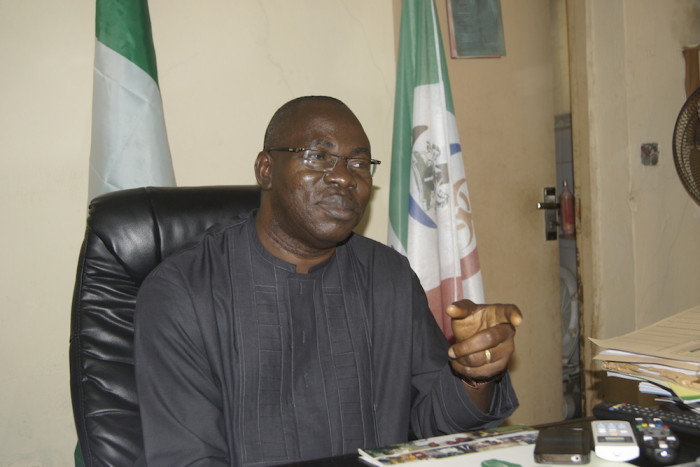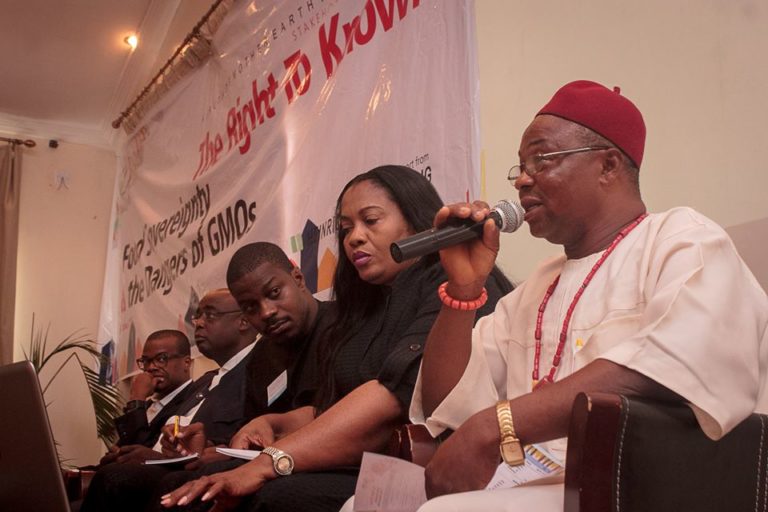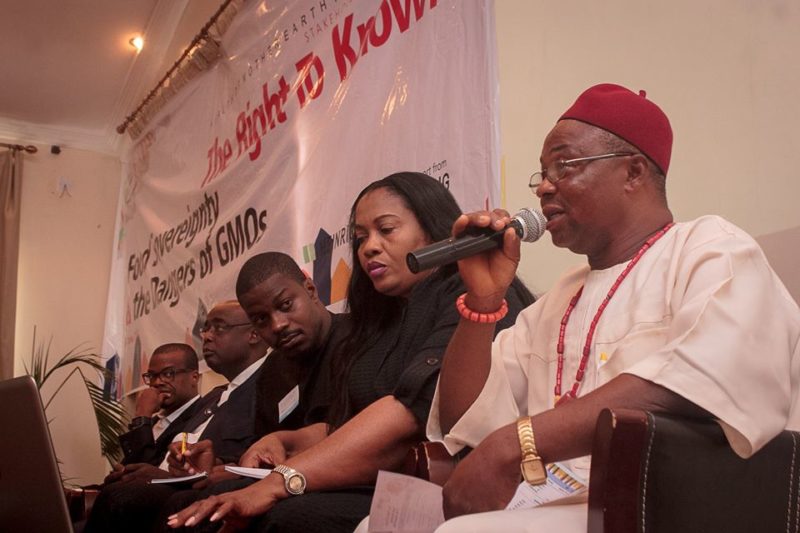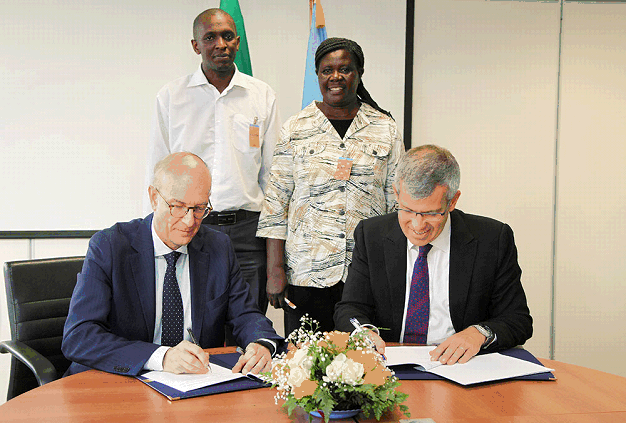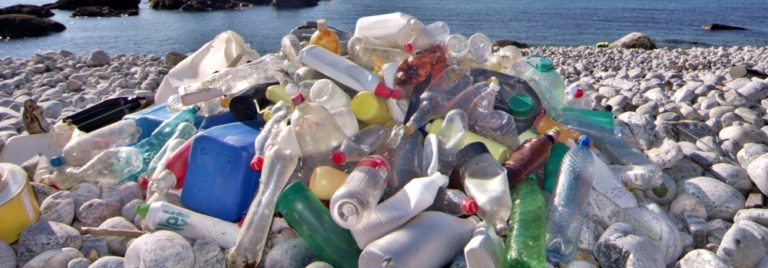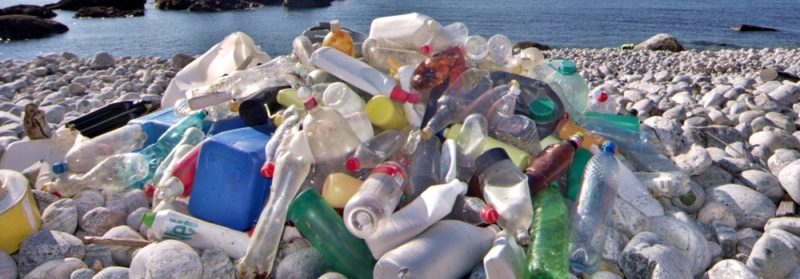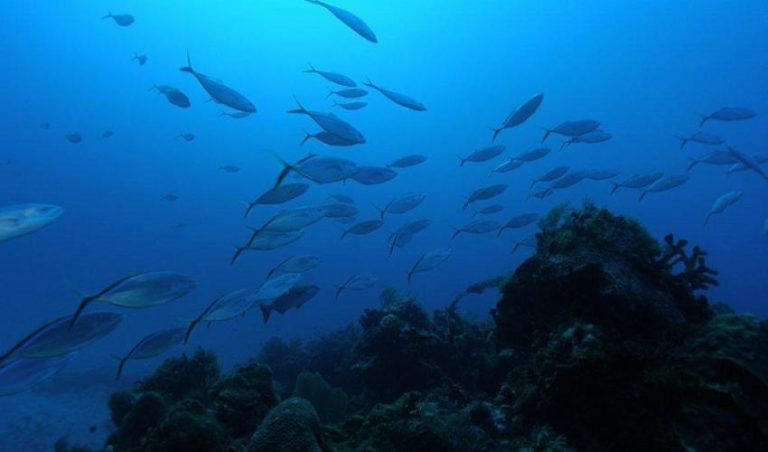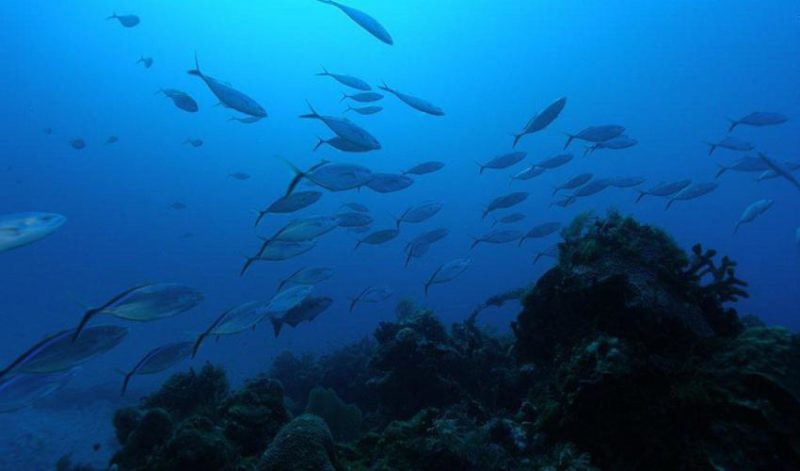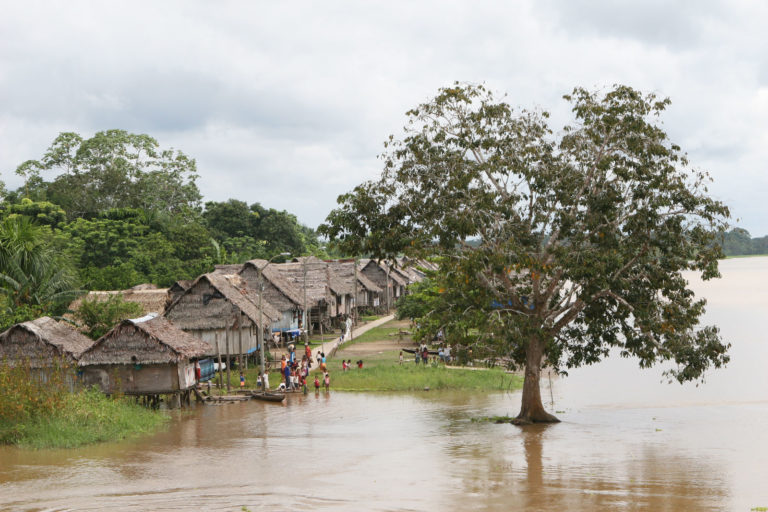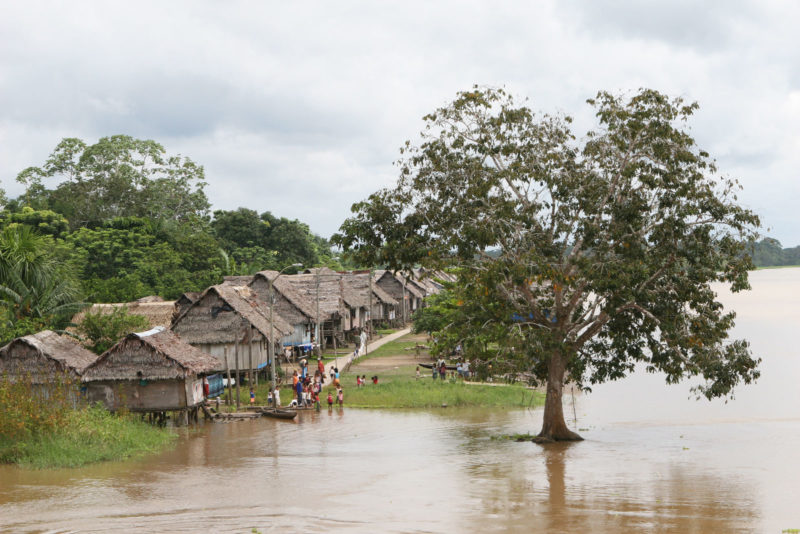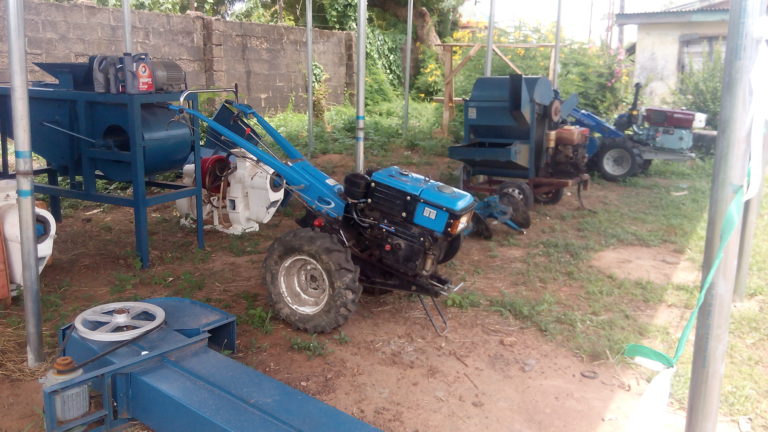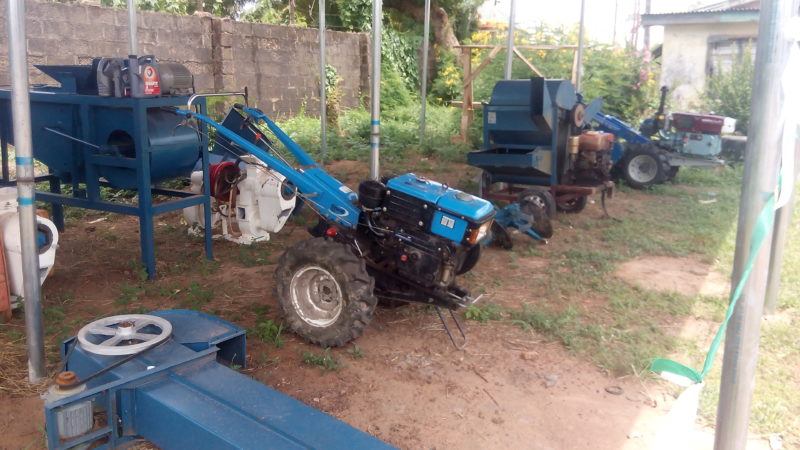Ahead of the 16th session of the African Ministerial Conference on the Environment (AMCEN) scheduled for 12th to 16th of June 2017 in Gabon, an Africa-wide civil society workshop on the effective implementation of the Paris Agreement, SDGs and Agenda 2063 began on Friday, June 9, 2017 in Libreville.
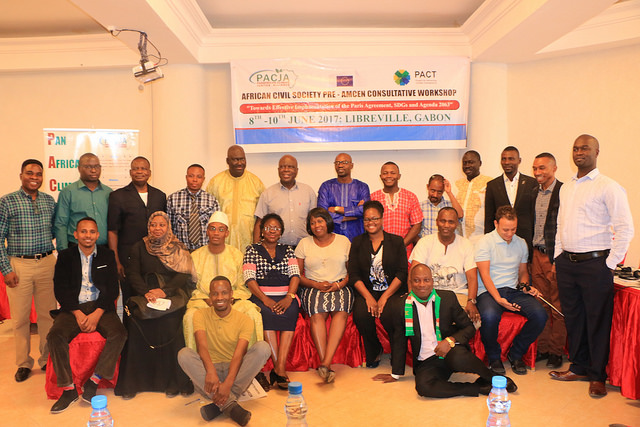
Organised by the Pan African Climate Justice Alliance (PACJA) in collaboration with the World Resources Institute (WRI) and the Government of Gabon, the workshop is being attended by civil society groups from the five subregions of Africa.
The workshop aspires to provide an avenue for non-state actors in Africa to interrogate emerging global perspectives and actions on climate change and the implications of the Paris Agreement for Africa as well as the SDGs and Africa’s Agenda 2063.
According to Sam Ogallah of PACJA, “African civil society groups under the aegies of PACJA have vigorously engaged with different stakeholders on the urgent need to take forward and internationalise the Paris Agreement, implementation of the African Renewable Energy Initiative (AREI), the Sustainable Development Goals (SDGs) and Africa’s Agenda 2063.”
These engagements, according to him, are in recognition of civil society’s role in informing processes and influencing decisions taken by the United Nations Framework Convention on Climate Change (UNFCCC) parties and African member states with a view to driving the implementation of the Paris Agreement.
“The Pre-AMCEN workshop offers us an opportunity to urge African governments to forge ahead with the implementation of the Paris Agreement regardless of United States’ exit from agreement as well as deepen our engagements with regards to the African Policy Dialogue on Climate Change, High Level Policy Dialogue on Sustainable Energy and Energy Access, African Parliamentary Roundtable on Climate Policy and Legislation, and the African Regional Post-COP22 Consultative Forum,” Ogallah added.
The AMCEN Process
This year’s AMCEN meeting comes after the 15th Session of AMCEN in Cairo, Egypt on March 2016; the UNFCCC-COP22 which held in Marrakech, Morocco in November 2016 and the just concluded UNFCCC-Bonn Climate Change Conference (SB46) which held in Bonn, May 2017.
The meeting provides an opportunity for African governments, represented by 55 African Ministers of Environment, to discuss challenges of the implementation of SDGs and Africa Agenda 2063 and a regional stocktaking of their performance at UNFCCC-COP22 and Bonn SB46 on the implementation of the Paris Agreement.
Other key focus at this meeting will be on the Africa Renewable Energy Initiative (AREI), Africa Adaptation Initiative (AAI) and other issues closely related with the Paris Agreement which came into force on November 4, 2016.
The 2017 Pre-AMCEN Consultative Workshop is being held alongside the UNEP Major Groups and Stakeholders Forum ahead of the main 16th Session of AMCEN from Saturday, June 10 to Sunday, June 11, 2017.
According to the organisers, hosting the African civil society workshop at the sidelines of the AMCEN meeting is a recognition of the need to strengthen non-state actors analysis and contributions to respond in a timely and resolute manner to these key issues, focusing in particular on the role they expected to play in influencing governments, African Group of Negotiators (AGN) and related inter-governmental institutions such as African Union, UNEP, UNECA and Regional Integration Economic Blocs.
Courtesy: PAMACC News Agency

